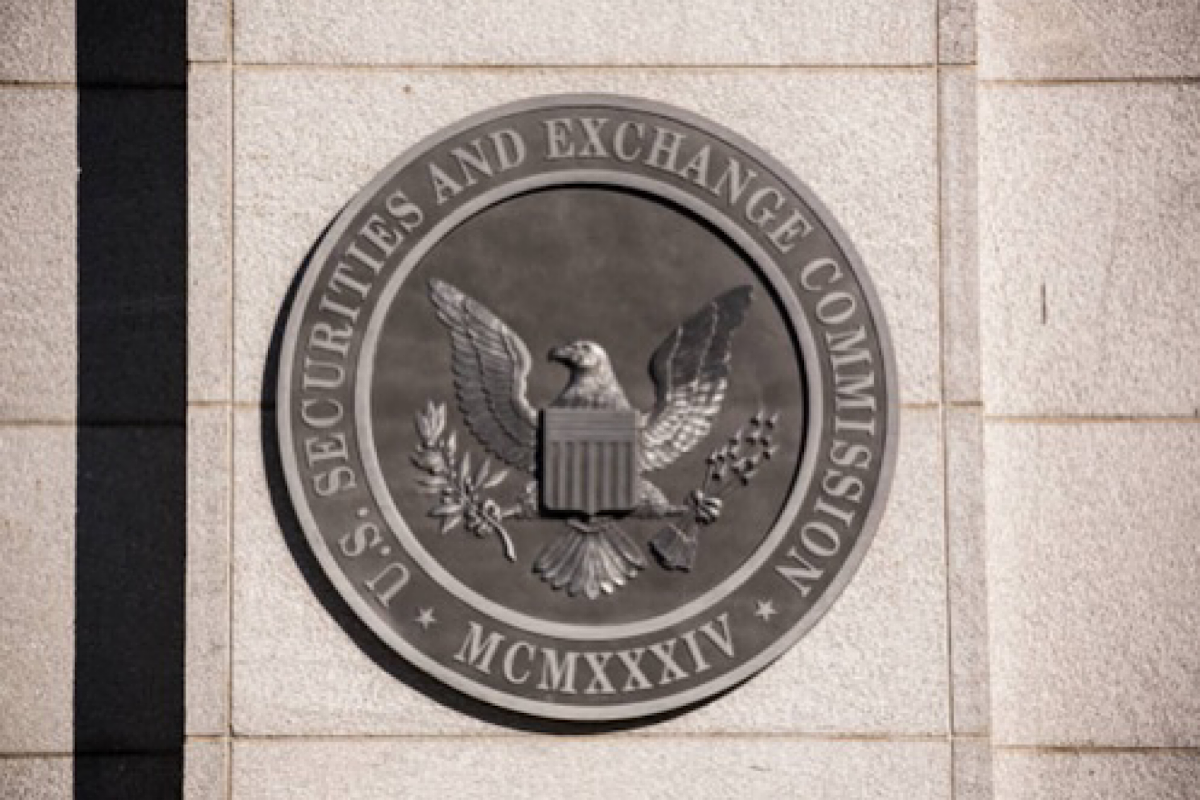US market regulator Securities and Exchange Commission (SEC) has announced that it has obtained a temporary restraining order, asset freeze, and other emergency relief to halt an ongoing fraud targeting the Indian-American community that has raised nearly $130 million since April 2021.
The fraud is allegedly being committed by Nanban Ventures LLC; its three founders, Gopala Krishnan, Manivannan Shanmugam, and Sakthivel Palani Gounder; and three other entities that the founders control, an SEC release said.
Advertisement
The SEC’s complaint, unsealed on Monday in the Eastern District of Texas, alleged that the defendants raised more than $89 million from over 350 investors for investments in purported venture capital funds that the founders managed via Nanban Ventures and more than $39 million from 10 investors that invested directly in the three other entities.
The complaints claimed that the founders overstated the profitability of the investments and paid investors at least $17.8 million in fake profits that were actually Ponzi payments.
Further, the defendants misrepresented Krishnan’s expertise and success using his eponymous “GK Strategies” options trading method.
Krishnan claimed in a YouTube video that he achieved returns of “more than a hundred per cent,” and Nanban Ventures claimed in its venture capital funds’ private placement memorandums that Krishnan would manage the funds to generate returns that would “consistently overperform the S&P 500 Index”.
The SEC’s complaint claimed that the actual trading returns using GK Strategies were, with limited exceptions, lower than the returns of the S&P 500 index, lower than the percentage returns that Krishnan claimed in YouTube videos, and negative on numerous occasions.
“We allege that the defendants engaged in a large-scale affinity fraud that targeted hundreds of investors, largely from the DFW-area Indian American community,” said Gurbir S. Grewal, Director of the SEC’s Division of Enforcement.
“Through allegedly false promises of unrealistic returns and lies about the success of their investing strategies, the defendants raised nearly $130 million from investors. But in classic Ponzi fashion, the complaint alleges, the defendants used investor money to make fake profit distribution payments, while allegedly siphoning off millions in investors’ funds for themselves,” Grewal added.
SEC urged all investors to confirm the credentials of supposed investment professionals and to view investments that advertise outsized returns skeptically.
In addition, the complaint said that Nanban Ventures and the founders were all investment advisers who violated their fiduciary duties by causing the venture capital funds to invest more than $70 million into companies the Founders controlled.
The founders commingled that money with more than $39 million from at least 10 other investors and then used the commingled funds to, among other things, make Ponzi payments and pay themselves at least $6 million, the SEC statement read.
The SEC’s complaint charged all defendants with violating the antifraud provisions of Section 17(a) of the Securities Act of 1933 and Section 10(b) of the Securities Exchange Act of 1934 and Rule 10b-5 thereunder.
It also charged the founders and Nanban Ventures with violating the antifraud provisions of Section 206 of the Investment Advisers Act of 1940 and Rule 206(4)-8 thereunder.
The complaint sought permanent injunctions, disgorgement of ill-gotten gains with prejudgment interest, and civil penalties from all the defendants, in addition to an order prohibiting the founders from acting as officers or directors of a public company.











